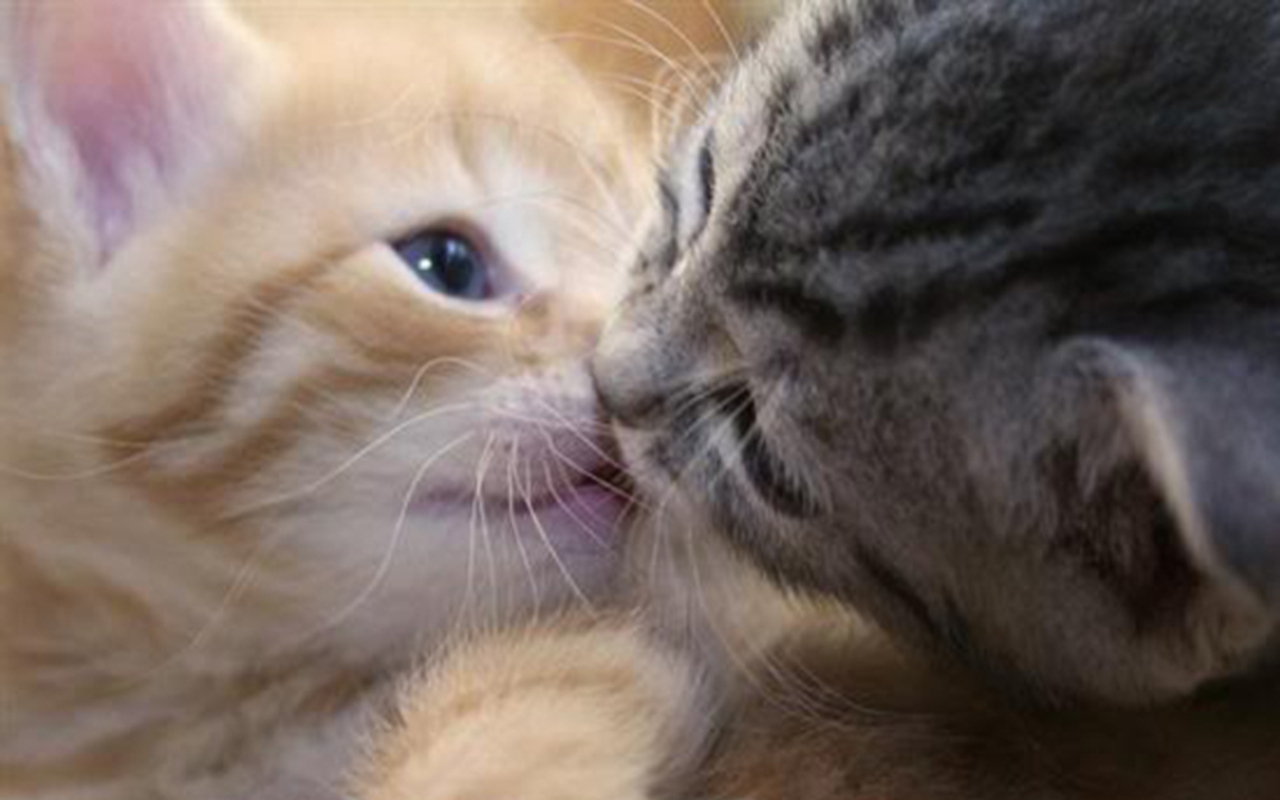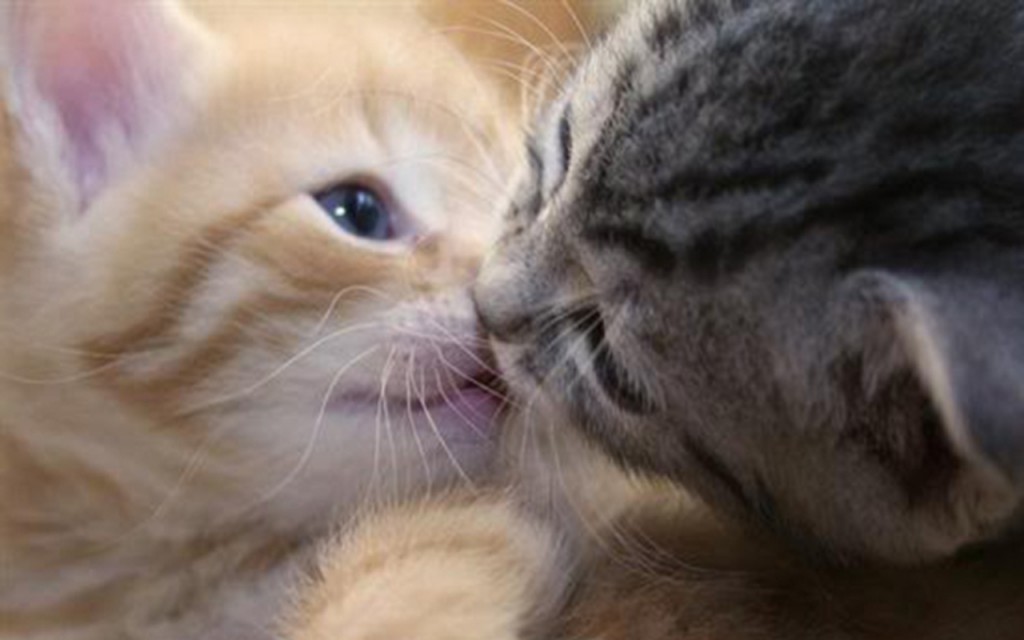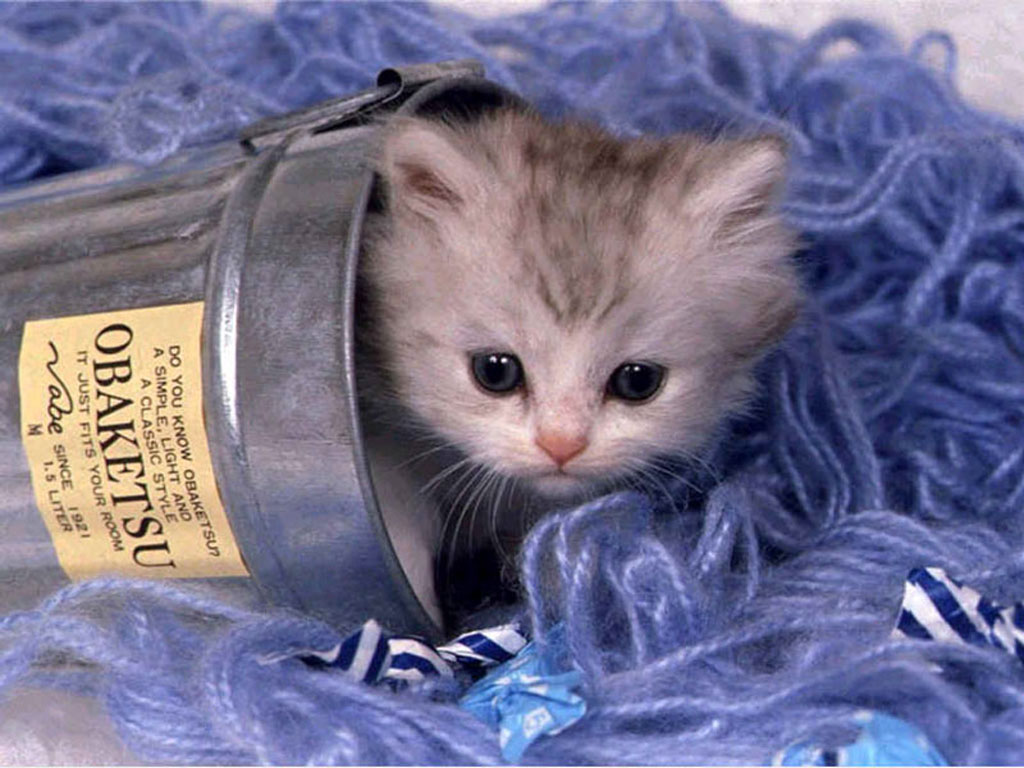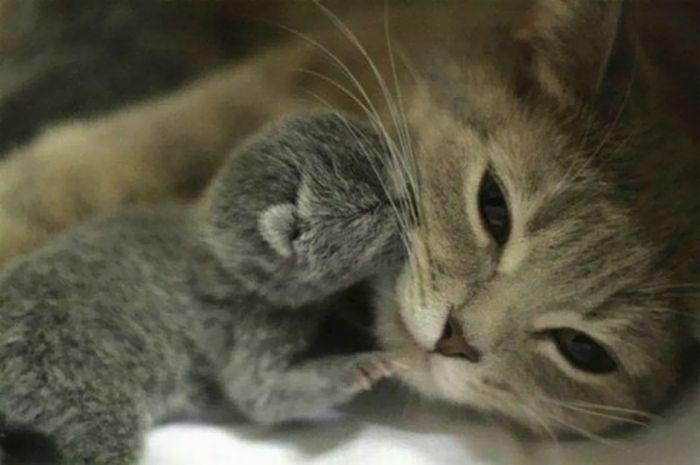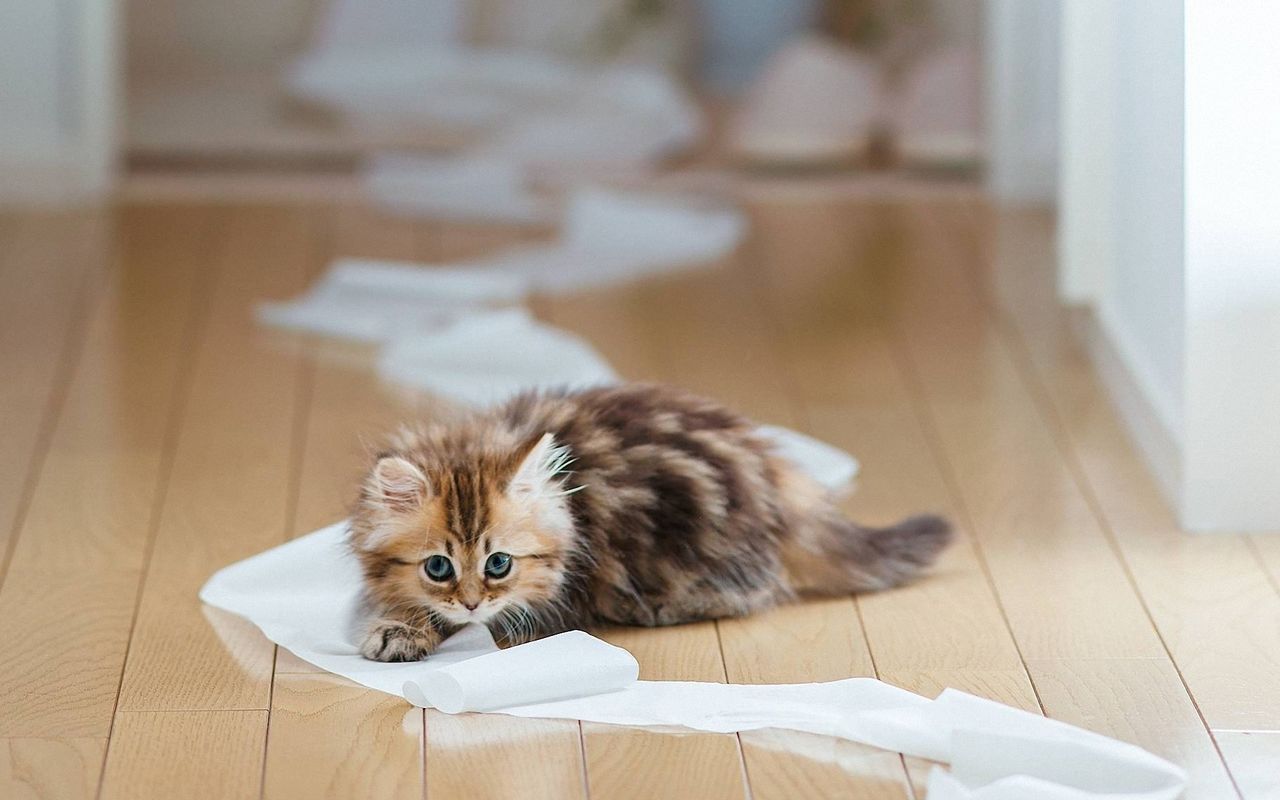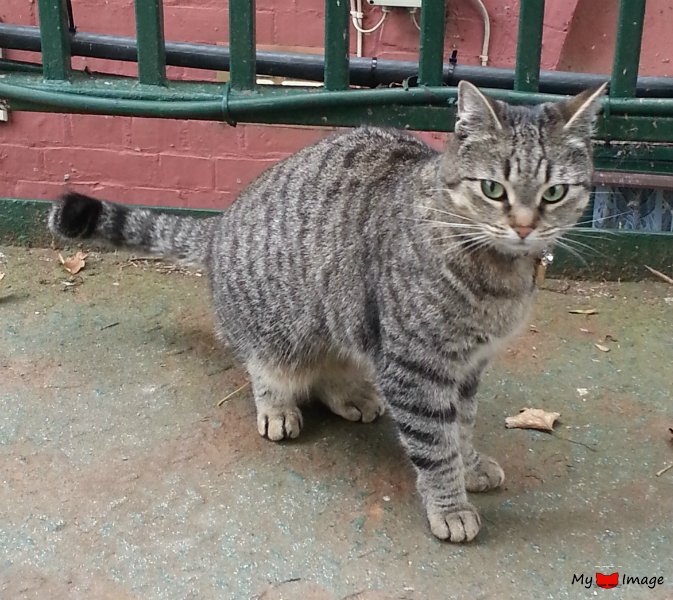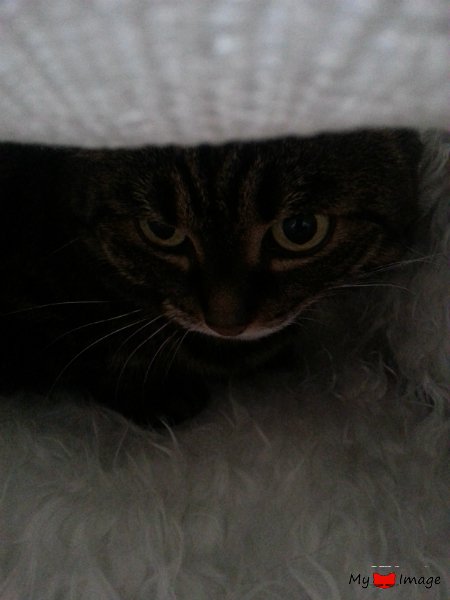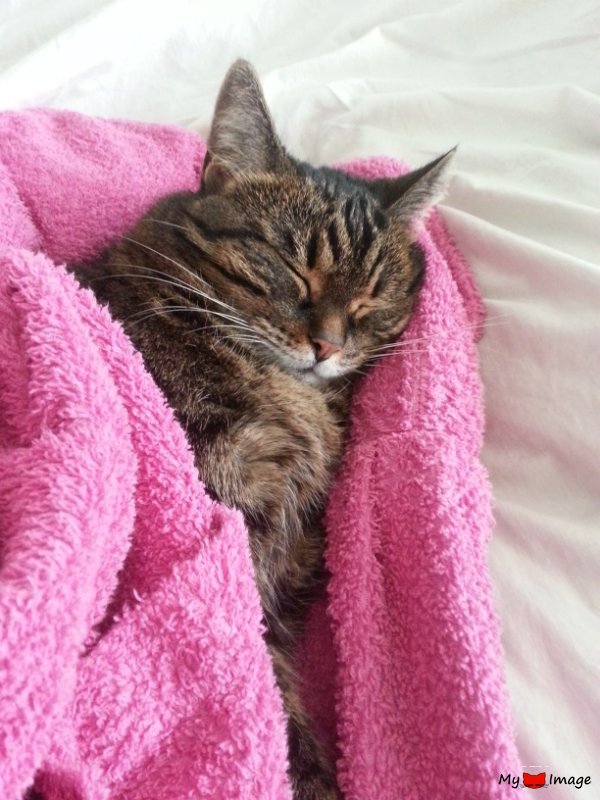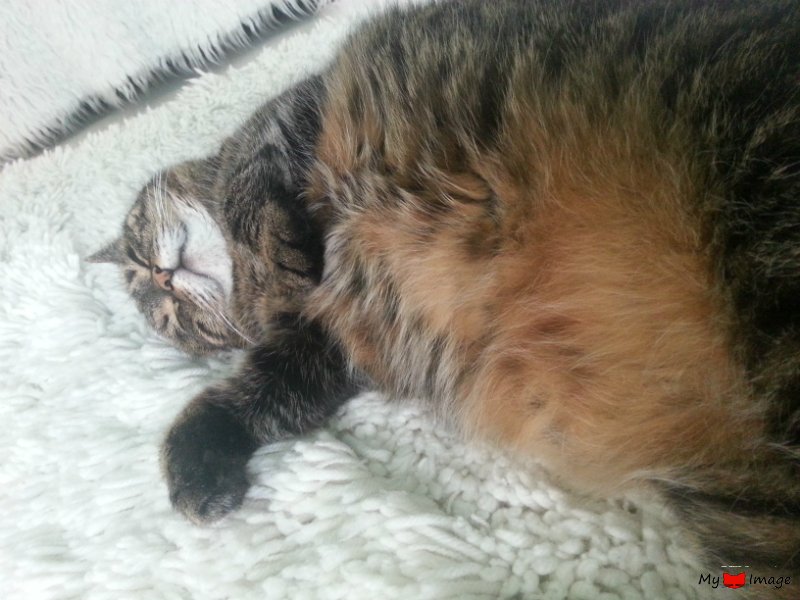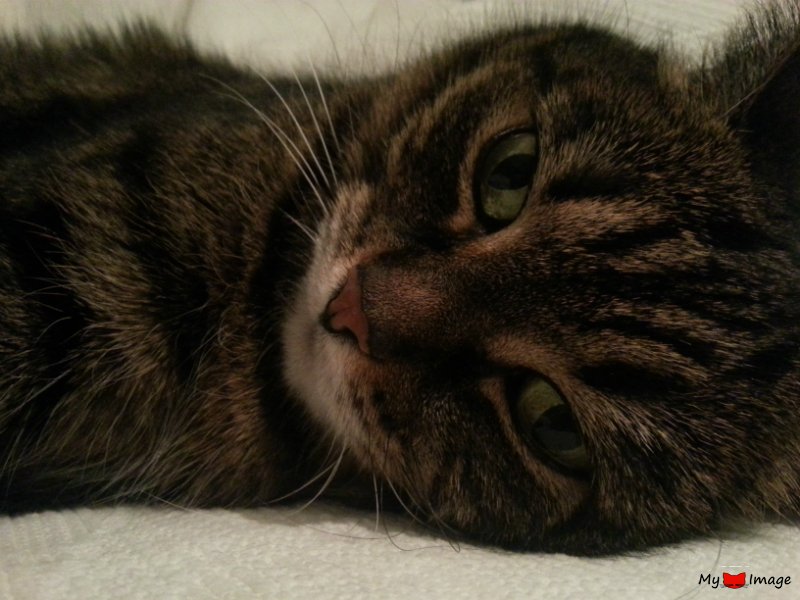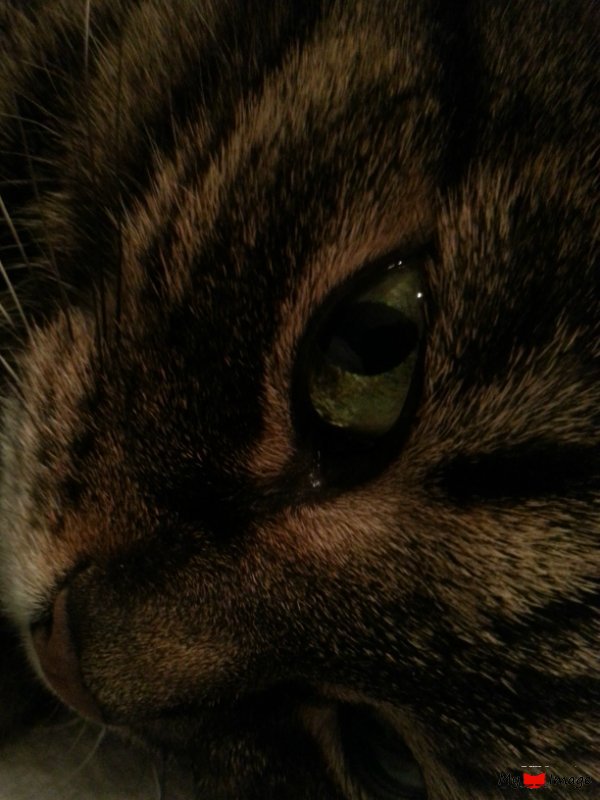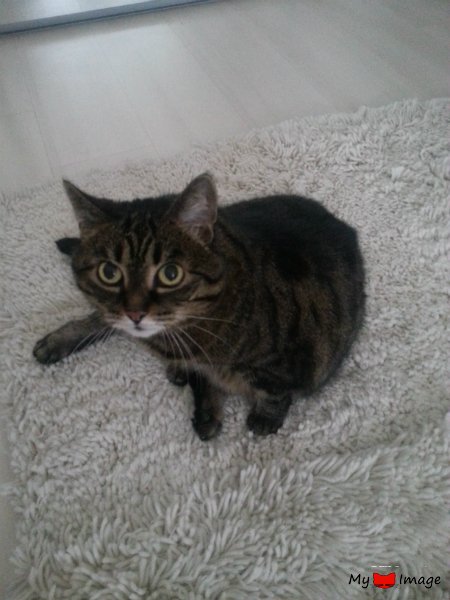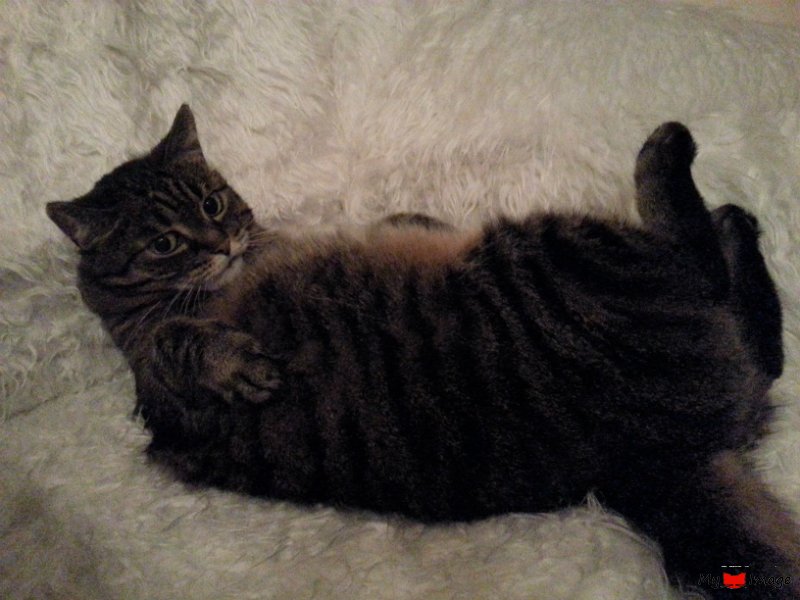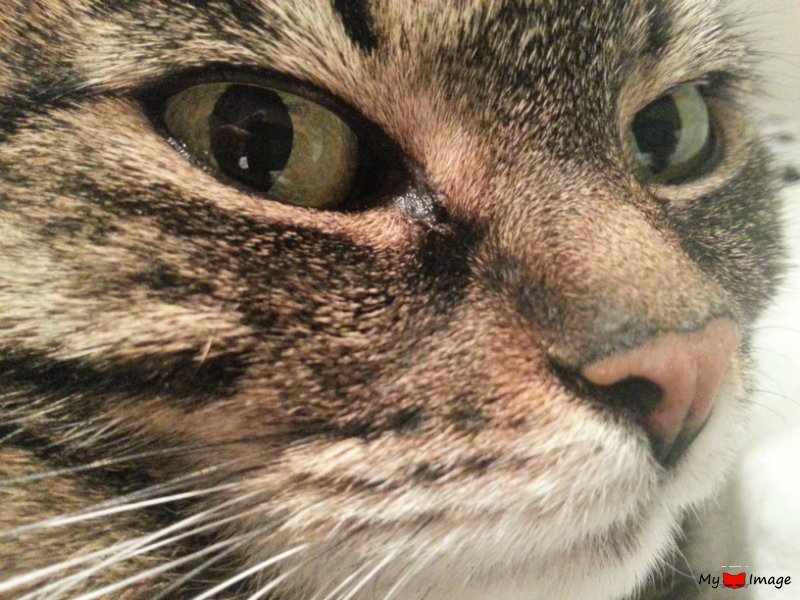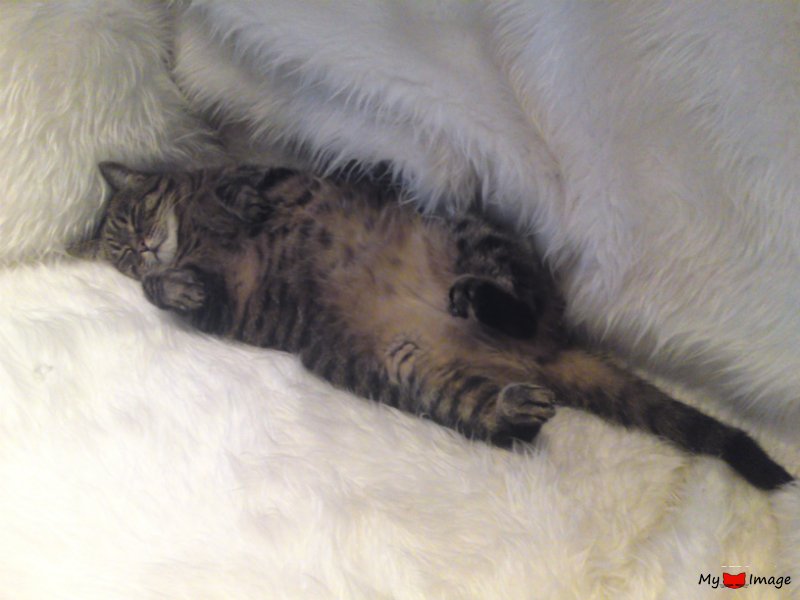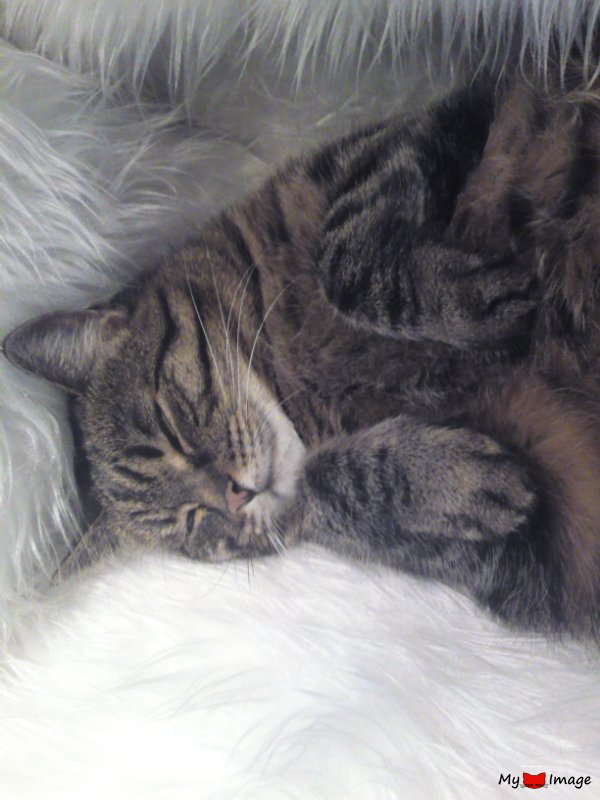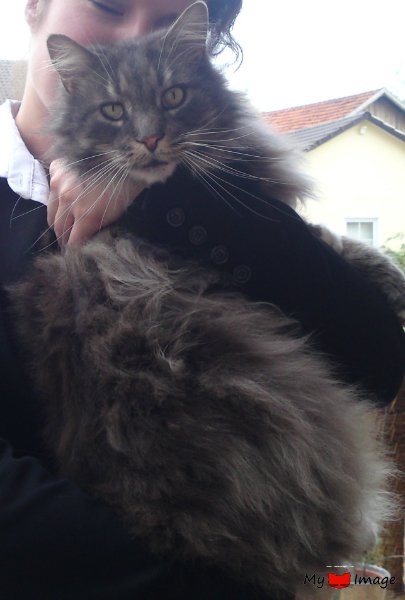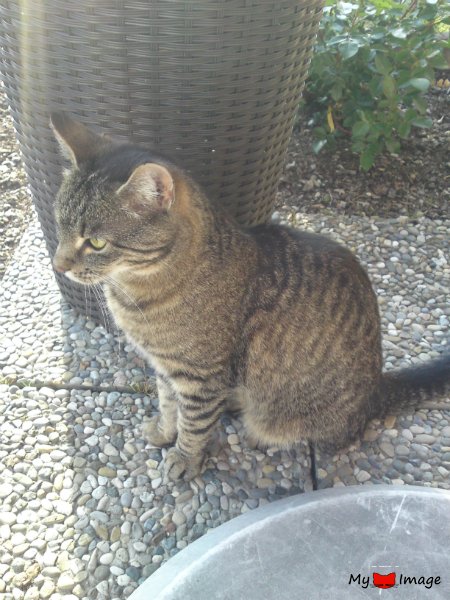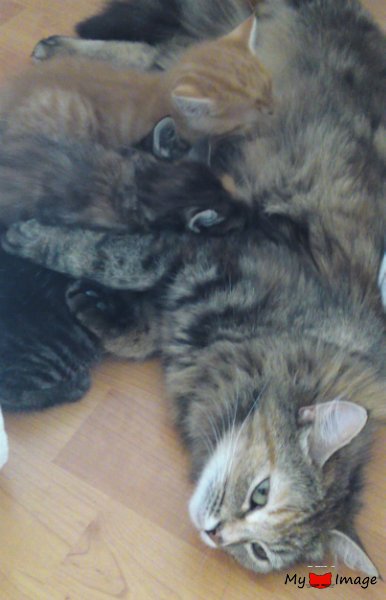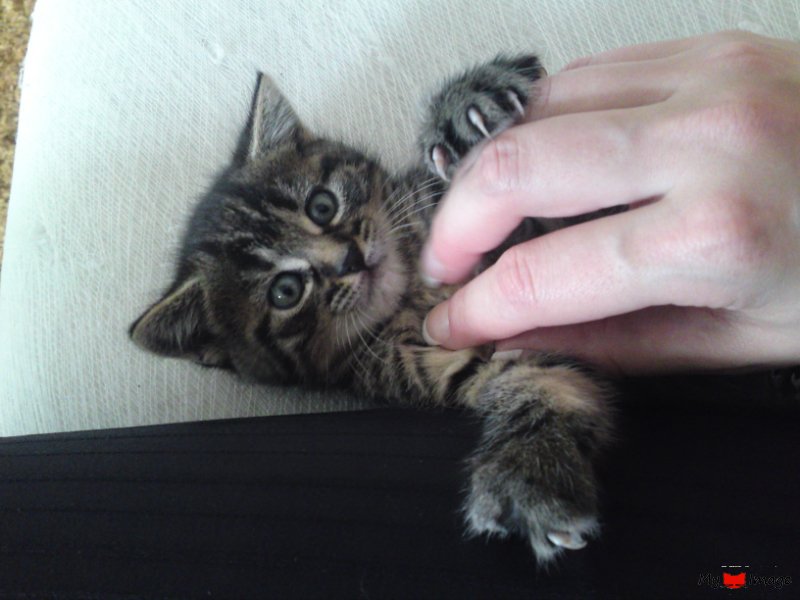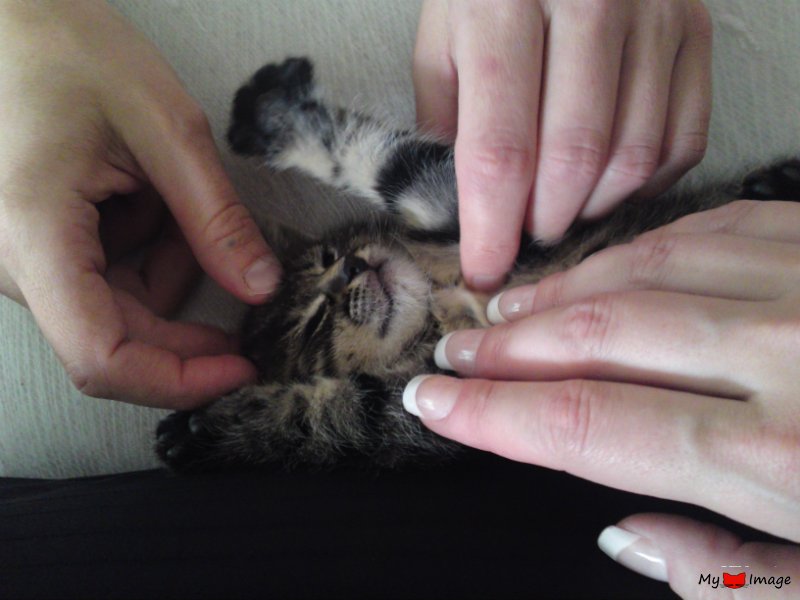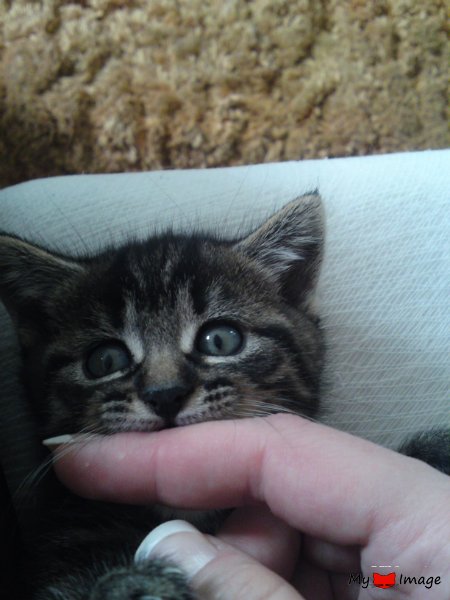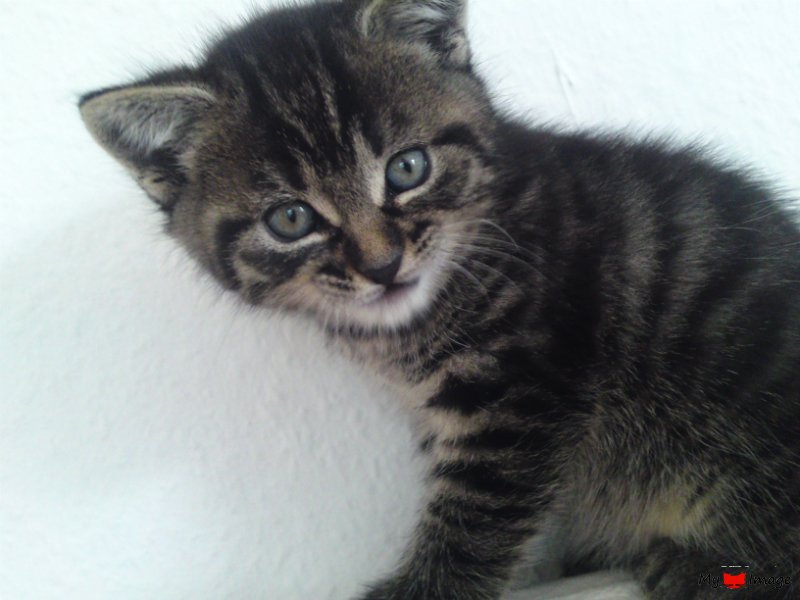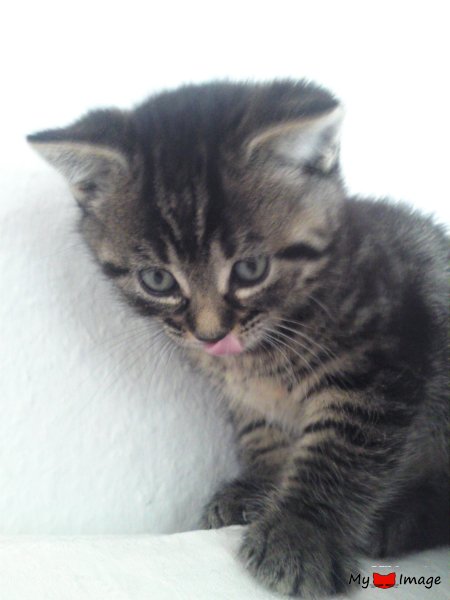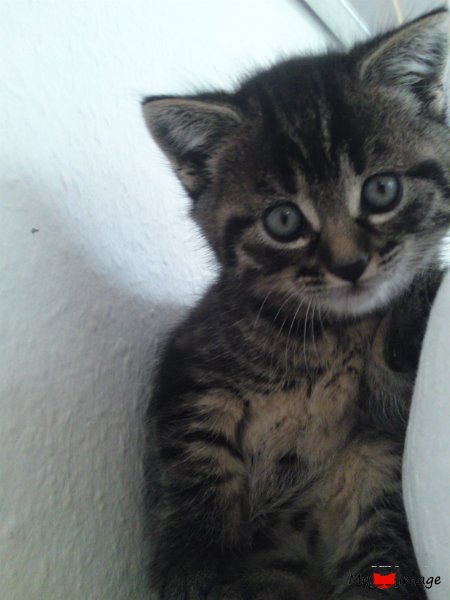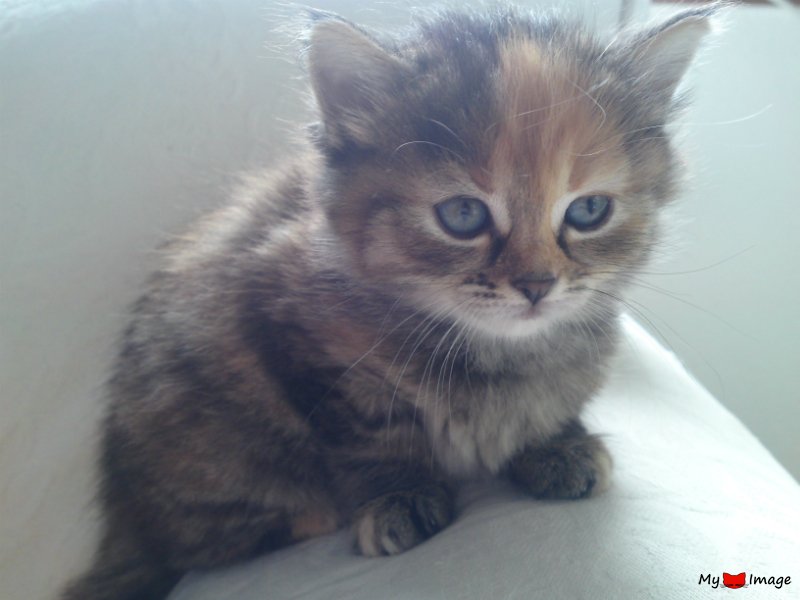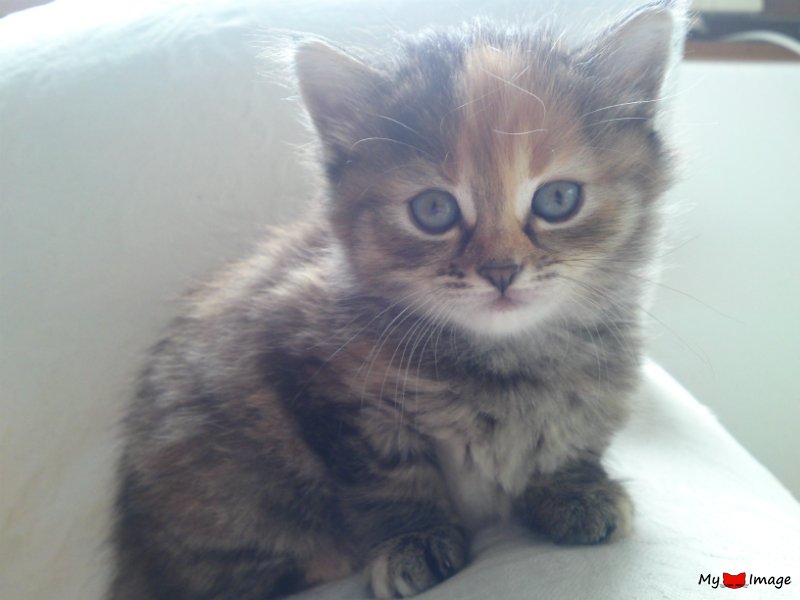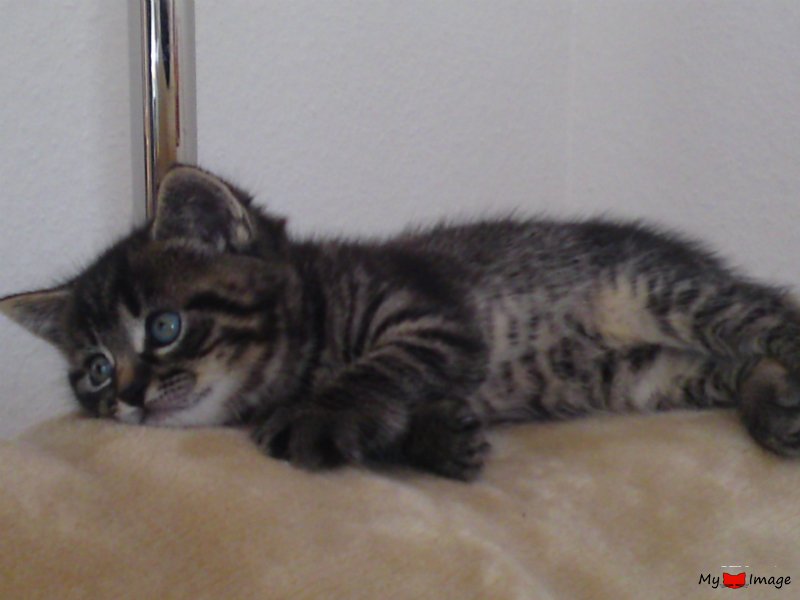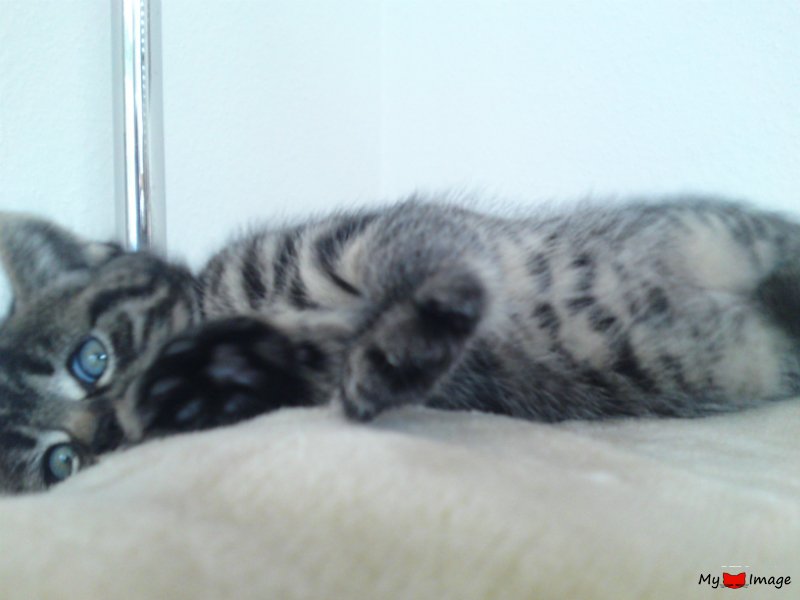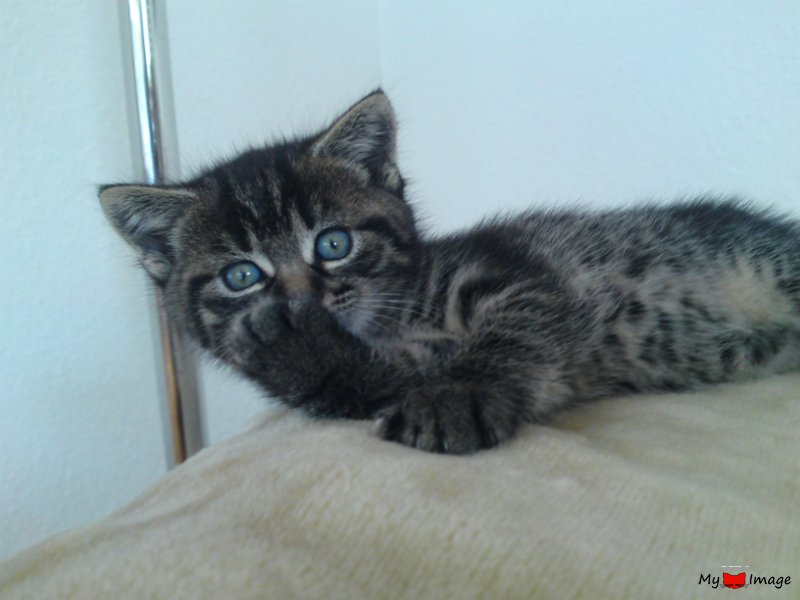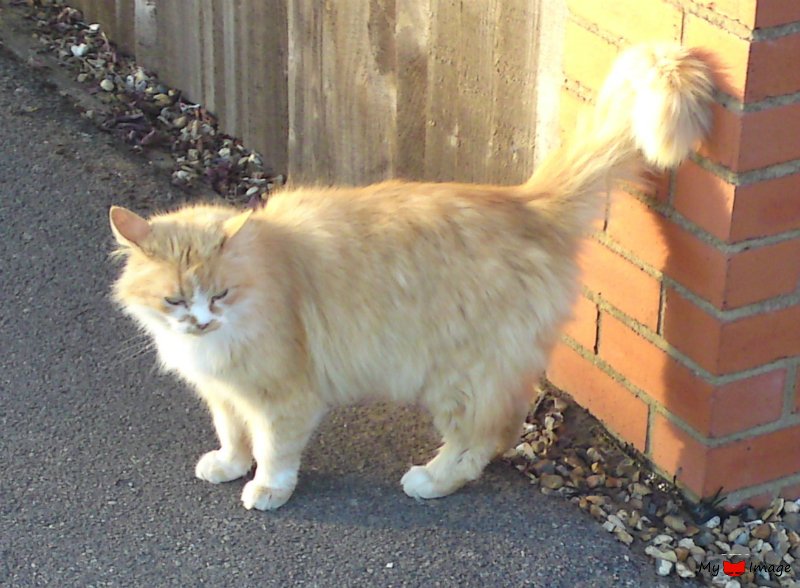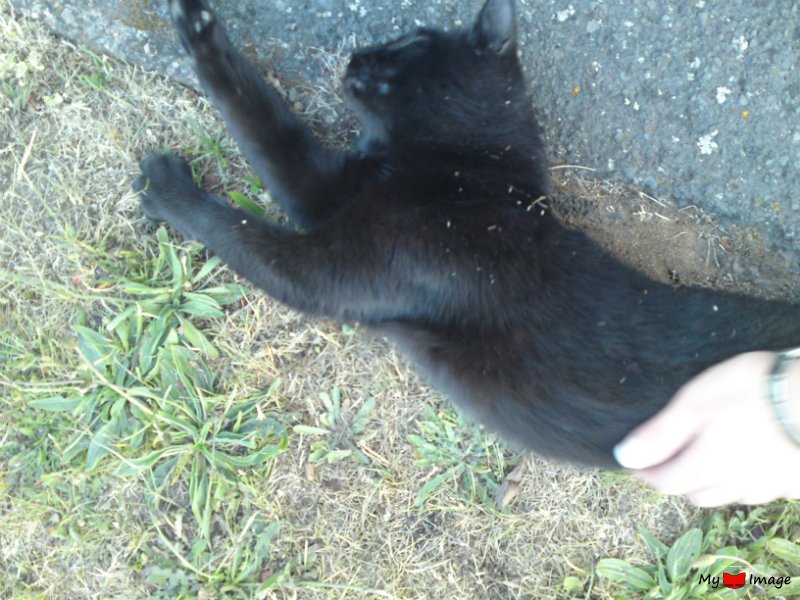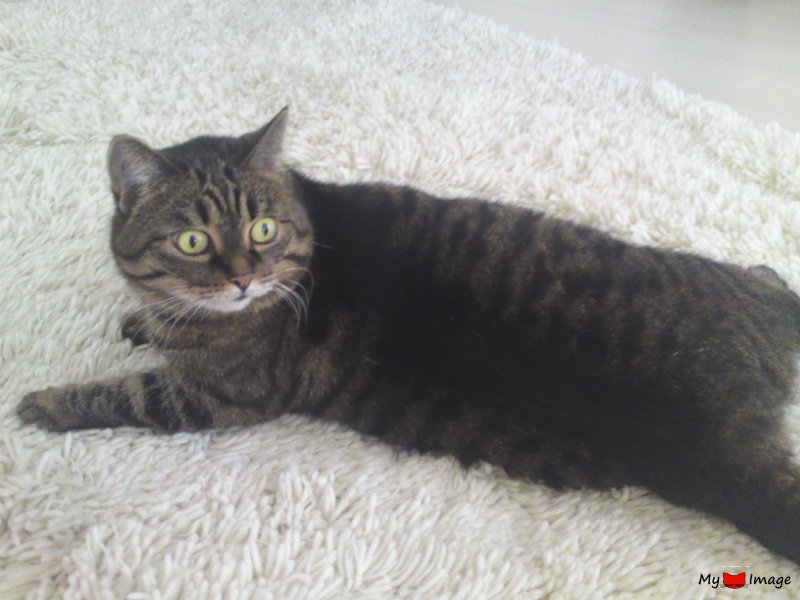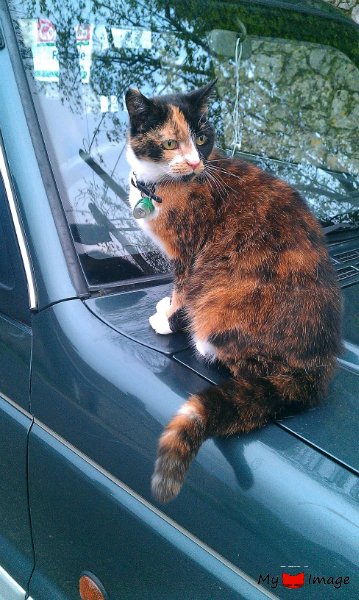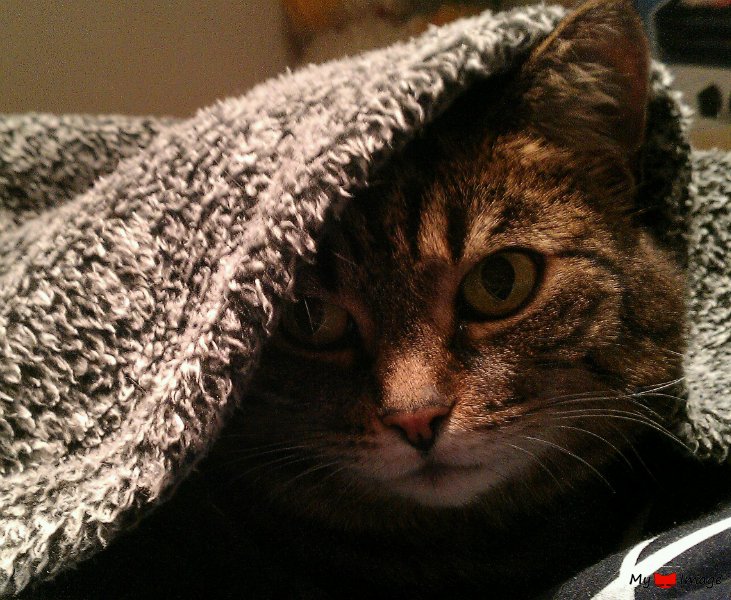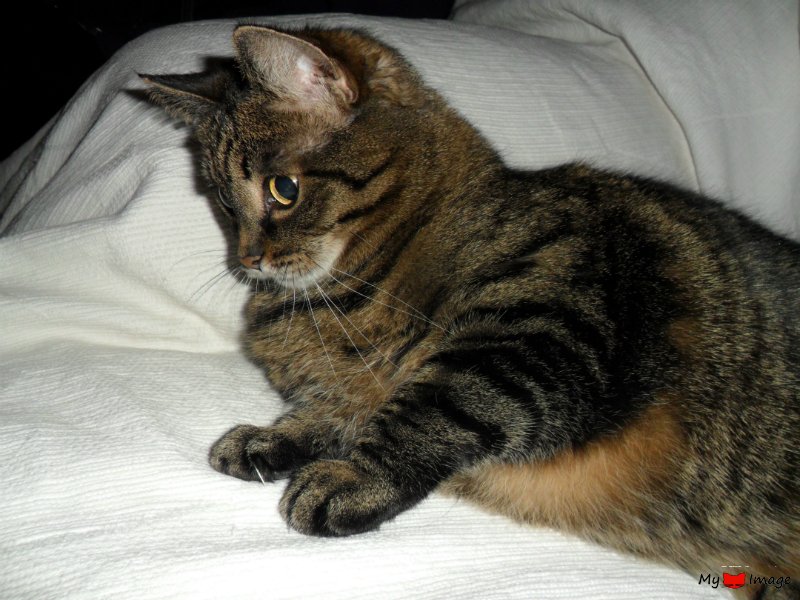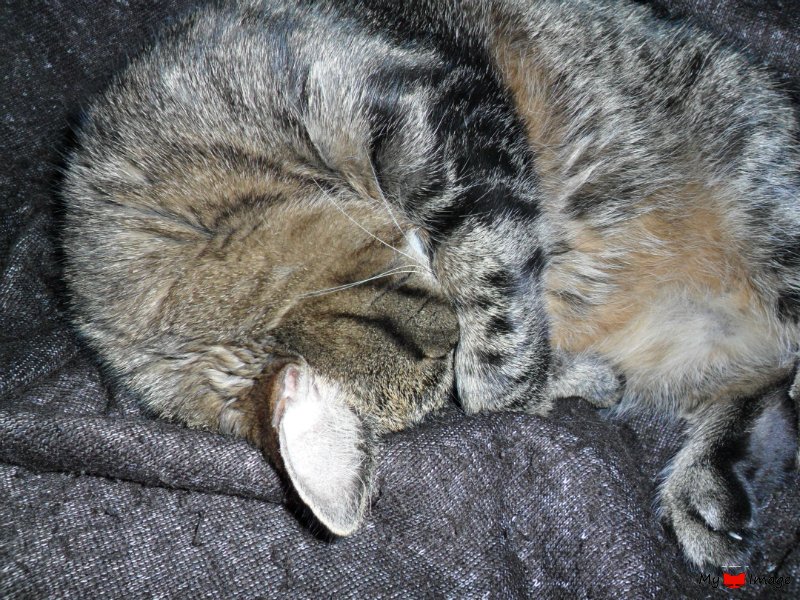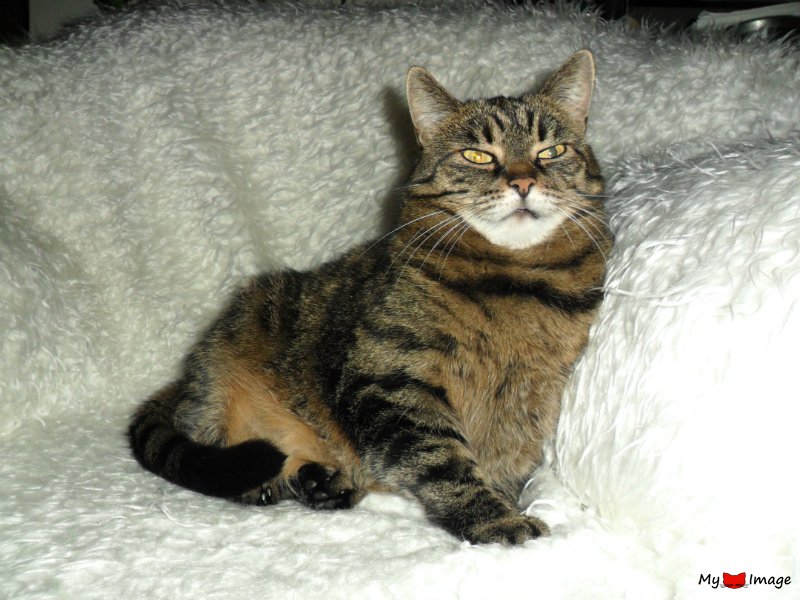After a decision to welcome a new feline member into your family is made, another question pops up: should it be an adult cat or a kitten? Both of them have their advantages and disadvantages.
So which one to choose and what can you expect from a kitten and an adult cat? Here are some thoughts for consideration:
I . G e t t i n g a k i t t e n
First of all I would like to note that any kitten would become an adult latest in a year. A year does not look an extremely long period of time at all, however, time is very relative in this case. Just imagine you would have to live with a person you do not like in one flat/house, without a chance to avoid him/her, for a whole year! It may easily turn into a burden or even a reason to give up your kitten altogether.
…
…
1. What to look for when getting a kitten
Age.
No kitten before the age of 3 months should be separated from its mother. This is a rule. Some people, especially when having an unwanted litter of kittens, are eager to get rid of the small ones as soon as possible, sometimes only at 1 month of age. This does not only endanger the health (and sometimes life) of a kitten, it may also severely undermine a successful socialization process.
Pet food manufacturers sometimes say that a kitten could eat hard food (kitten wet/dry food) at the age of 1 month already, and this might be true; however, a kitten still needs mother’s milk for correct development. Of course, in certain circumstances wet food and special cat milk formula might be the only option you have (for example, there is no cat mama available), but these means should be reserved for special circumstances only.
Health
You do not need to be a veterinarian to spot something weird in a feline. A 3 month old (or older) kitten should want to play, its body should be responding adequately. Jumping, climbing, running, grabbing and similar movements should be smooth and a kitten should not avoid any of those. Avoidance might point to a genetic disease, a disability, development deficiency or other serious health problem.
Kitten eyes should be clear, not watery, nose should be cold and wet. Any excessive discharge from eyes or nose should be taken with extreme caution, as it might be a signal of an underlying illness.
Fur should be shiny, smooth and well maintained. However, this varies from breed to breed; some Persian, Maine Coon, British Longhair or Shorthair kittens would not have a shiny coat, they would be more fluffy instead. The fur should not be matted, knotted, dirty, dull or looking shabby.
Vaccinations and worming
If you are taking a kitten from an animal shelter, it is very likely that it will have all vaccinations necessary. The same would happen when dealing with reputable breeders – they would most probably provide test results for genetic illnesses on top of a vaccination list.
The situation might be different when taking a kitten from private individuals, who might not have enough knowledge or wish to give their kittens the best start in life. In this case you would have to ask questions and see relevant proof. Sadly, some “breeders” assure future owners that a kitten has had all vaccinations already, although in fact nothing has been done. You can ask for details of the vet who performed the alleged vaccinations and inquire there, should any doubts arise. Worming is usually a very simple procedure (giving a pill to a kitten), but it must be done as well – and it it hasn’t been done yet, you should take care of it yourself as soon as possible.
Character
During the first 3 months a kitten should be socialized, that is, introduced to humans and get used to being handled. Ideally a kitten should get to know other animals as well, such as dogs, as this increases their chances of finding a new home.
A kitten should be curious, but not fearful. It is normal for a kitten to be a bit wary about things it sees or smells for the first time, but curiosity almost always wins. Having said that I must admit that some kittens are actually shy and until they get to know you better you might not be able to touch them or even see them much.
Correct socialization is something the importance of which I can’t stress enough. There are a couple of windows for socialization, and the most important one lasts from approximately 3-4 days to 7 weeks old. During that time a kitten should be gently handled every day to get it used to humans. If this is not done, or is not done properly, a kitten would never (never) be as good as it could be. For example, it could get fearful or aggressive, it could live a life on its own, not allowing you to touch it, and so on.
The second window of socialization lasts up to 12 weeks of age, and the third one is up to 6 months. During these periods a kitten should be exposed to everything you would do with this cat in its lifetime. For example, you usually have many guests in your house, some of them children – a kitten has to get to know this environment as much as possible. You have young children? A kitten should know children already and have no issues with this. You want a kitten to have no fear riding in a car? You have to drive around with it. Maybe you want it to learn to walk on the leash? The more you walk with your kitten, the better. Everything that is done until the kitten reaches 6 months of age would be natural for a kitten later in life. Everything that is not done might be difficult.
Socialization has to be positive, as stressful interactions and traumas have much stronger effect during this period of time. Sometimes this leads to various fears and aggressive response later on. For example, a male kitten which had some competitive interactions with other males might become a real fighter later on; a kitten which had a bad experience with a dog might never be able to live in the same house with one, and so on.
Kittens taken from an animal shelter are quite likely to be well socialized, especially with their own species (sometimes 10-20 cats live in the same room). However, some of the experiences might not be positive and proper socialization with humans might be lacking as well. It is very important to know the background and the reasons why a kitten came into an animal shelter, but usually very little is known about previous owners or experiences. On the other hand, shelter staff usually know a lot about every animal they have, and they would be able to guide you the right way – but you need to ask your questions.
So how do you know whether a kitten is well socialized? It should not be hyperactive or fearful to start with (not hiding in the corner), and it should react normally to other humans and animals. Then you can try a “purr test”. Pick the kitten up in your hands; a well socialized kitten should start purring and stay in your hands for a while until it attempts to get away.

